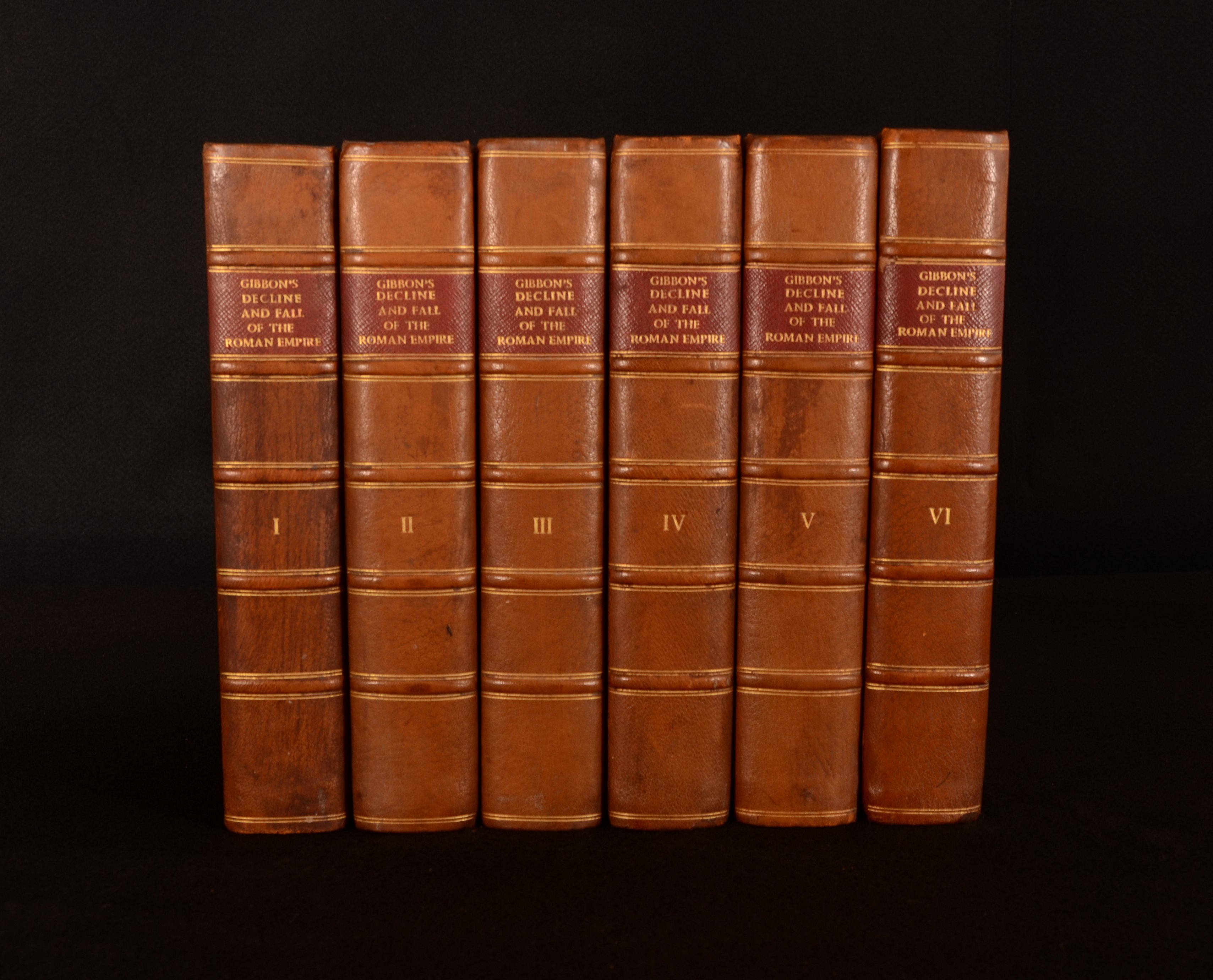


Volumes II and III appeared on 1 March 1781, eventually rising "to a level with the previous volume in general esteem." Volume IV was finished in June 1784 the final two were completed during a second Lausanne sojourn (September 1783 to August 1787) where Gibbon reunited with his friend Deyverdun in leisurely comfort. Biographer Leslie Stephen wrote that thereafter, "His fame was as rapid as it has been lasting." And as regards this first volume, "Some warm praise from David Hume overpaid the labour of ten years." Through 1777, the reading public eagerly consumed three editions for which Gibbon was rewarded handsomely: two-thirds of the profits amounting to approximately £1,000. Gibbon's indolence in that position, perhaps fully intentional, subtracted little from the progress of his writing.Īfter several rewrites, with Gibbon "often tempted to throw away the labours of seven years," the first volume of what would become his life's major achievement, The History of the Decline and Fall of the Roman Empire, was published on 17 February 1776. He became the archetypal back-bencher, benignly "mute" and "indifferent," his support of the Whig ministry invariably automatic. And, perhaps least productively in that same year, he was returned to the House of Commons for Liskeard, Cornwall through the intervention of his relative and patron, Edward Eliot. In late 1774, he was initiated a freemason of the Premier Grand Lodge of England. He succeeded Oliver Goldsmith at the Royal Academy as 'professor in ancient history' (honorary but prestigious). Johnson's Literary Club, and looked in from time to time on his friend Holroyd in Sussex. He took to London society quite easily, and joined the better social clubs, including Dr. By February 1773, he was writing in earnest, but not without the occasional self-imposed distraction.

His father died in 1770, and after tending to the estate, which was by no means in good condition, there remained quite enough for Gibbon to settle fashionably in London at 7 Bentinck Street, independent of financial concerns. The Decline and Fall is known for the quality and irony of its prose, its use of primary sources, and its open criticism of organised religion. His most important work, The History of the Decline and Fall of the Roman Empire, was published in six volumes between 17.

Edward Gibbon ( – 16 January 1794) was an English historian and Member of Parliament.


 0 kommentar(er)
0 kommentar(er)
